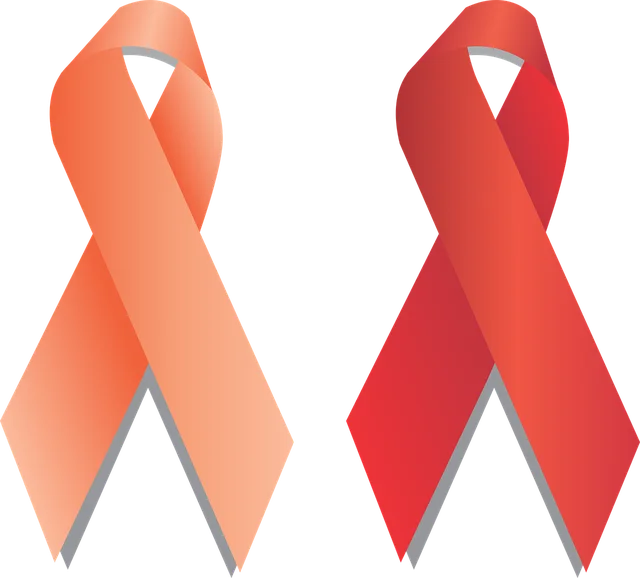Tuberculosis: The Causes, Treatments and Remedies
Tuberculosis is a bacterial infection that can affect the lungs as well as other areas of the body. Tuberculosis can be spread by coughing or sneezing as well as through close contact. The World Health Organization estimates that TB causes approximately 10 million new cases each year and 1,5 million deaths annually. It can however be treated with proper diagnosis.

Tuberculosis: What does it mean?
Mycobacterium tuberculosis bacteria is responsible for tuberculosis. Tuberculosis usually affects the lungs but it can spread to the brain, kidneys and spine. Contagious means that TB can be spread through air. Infected people may cough, sneeze, and talk about the disease. Latent TB is a form of TB that doesn't cause symptoms and can be developed by people who are exposed to TB. If left untreated latent TB may become contagious and active.
Tuberculosis: Common Causes
TB can be caused by contact with infected persons. Living in unsanitary or overcrowded conditions, having a weak immune system, using drugs, smoking and other risk factors are all possible causes of TB. HIV/AIDS sufferers are particularly at high risk of developing active TB.
Tuberculosis Treatments
TB treatment typically requires the use of Antibiotics over several months. The most commonly used antibiotics to treat TB include rifampicin (ethambutol), isoniazid and pyrazinamide. To be effective, these Medications must be used daily. Sometimes, it may be necessary to have a portion of the affected lung removed or another organ removed.
The Centers for Disease Control and Prevention estimates that treatment for active TB may take between six and nine months depending on how severe the condition is. If the entire treatment course is completed, there is a high success rate. However, if the treatment is interrupted prematurely, bacteria may develop resistance and make it more difficult to treat.
Views of Experts on Tuberculosis
Experts are unanimous in their belief that early diagnosis and treatment is crucial to halting the spread of TB. A study in BMC Public Health found that early treatment and diagnosis can decrease transmission rates by as much as 90% . This study showed that rapid diagnosis and improved care could dramatically reduce TB deaths and morbidity.
Experts recommend that anyone at risk of contracting TB be tested on a regular basis. These include people with HIV/AIDS and anyone who has been in contact with someone who is currently battling TB. Regular testing is a good way to detect TB and allow for timely treatment.
Natural Treatments and Tips to Treat Tuberculosis
Although medical care is the best option, natural treatments and other tips can help with the symptoms. You should get plenty of sleep, eat a balanced diet and avoid activities that could make your symptoms worse. Drinking plenty of fluids, as well as taking over-the counter medications like Ibuprofen , can all help with inflammation and pain relief.
The use of herbal remedies could also prove beneficial. Research suggests that some herbs like ginger, garlic and turmeric may be able to boost immunity and decrease inflammation. Before you take any herbal supplements, consult your doctor as some may react with medications.
To prevent the spread of TB, hygiene is essential. It is important to wash your hands frequently, cover your Nose and mouth when you cough or sneeze, and avoid close contact with anyone who has active TB.
Conclusion
Tuberculosis can be fatal and serious. However, it is treatable with proper diagnosis early treatment. There are no cures for TB. Lifestyle modifications and herbal remedies can help to manage symptoms. Good hygiene is key to preventing the spread of TB.
Tuberculosis, which is an extremely contagious infection can lead to serious health problems if it is not treated. Tuberculosis can be prevented from spreading by early diagnosis and effective treatment. There are many options for managing the symptoms. Simple lifestyle modifications and herbs can help to reduce inflammation and increase immunity.